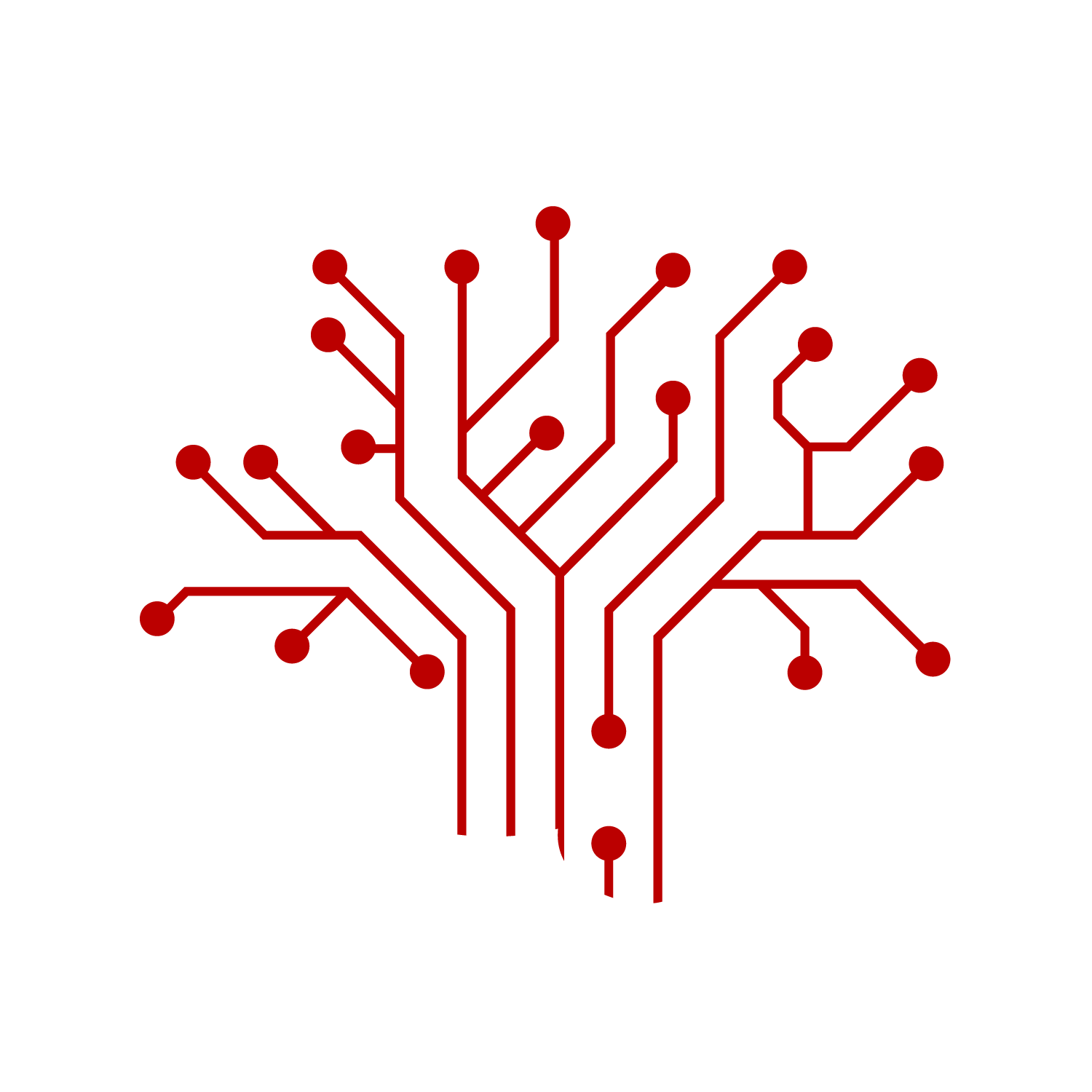The Program in Neural Computation is designed primarily for students in quantitative disciplines (e.g. Math, Physics, Computer Science, Statistics) who are interested in Ph.D. training in Computational Neuroscience at CMU or the University of Pittsburgh. Here we detail the differences between the PNC and the most relevant existing graduate programs at the University of Pittsburgh and CMU.
Joint CMU/University of Pittsburgh Computational Biology PhD Program (CPCB)
The CPCB Ph.D. program differs substantially from the PNC in the foci of the biological and computational components of its curriculum. The CPCB program seeks to train students broadly in many areas of computational biology, with a focus on analysis at the molecular and gene levels. The CPCB program seeks to attract students with strong backgrounds both in biology and one quantitative area who want to do research in any field of computational biology. The PNC, in contrast, is targeting students with a specific interest in neuroscience who have a strong quantitative background but may have little previous exposure to biology.
CMU Department of Biological Sciences
The PNC program differs from the Ph.D. program in Biological Sciences in that the Biology Ph.D. program has no requirement for computational training and in that the biological training required by the PNC is narrowly focused on neuroscience, whereas the Biology Department requires students to be trained broadly in many areas of biology.
Center for Neuroscience at the University of Pittsburgh
The graduate program of the Center for Neuroscience at the University of Pittsburgh trains students broadly in neuroscience, but its program is designed for students with strong background in biological sciences or students from undergraduate majors such as computer science, math, physics or statistics, who are interested in a biologically based neuroscience program. Students appropriate to the PNC will be those who desire training in the application of quantitative and theoretical approaches to problems in neuroscience.

